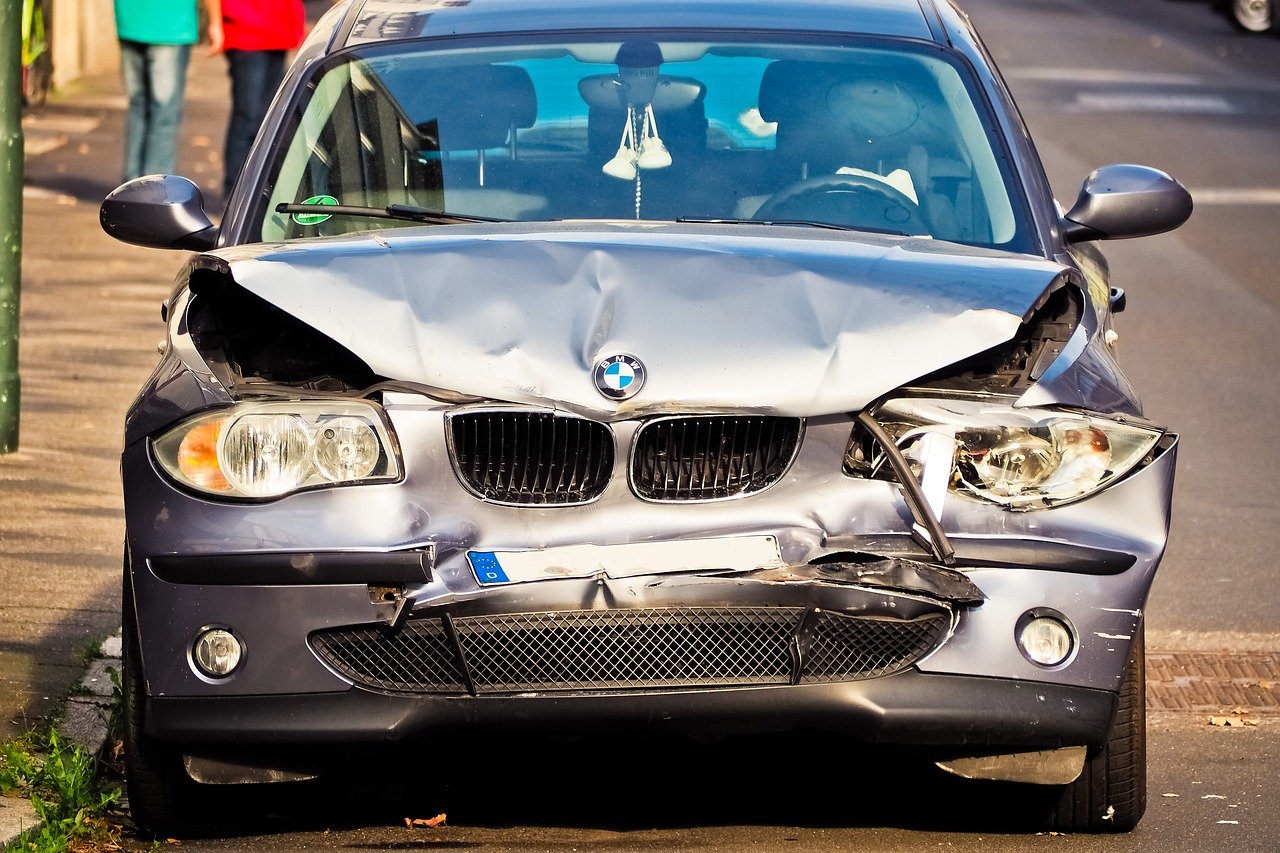What Is The Difference Between Comprehensive And Collision Insurance?
Many people are not aware of the difference between comprehensive and collision insurance. The cost of car insurance premiums is on the rise. But how can you know whether to buy comprehensive or Collision coverage? The two types of insurance cover different types of damage to your car, but they do it in very different ways. Comprehensive will protect you from any accident that is not caused by another driver, such as theft or vandalism.
Collision only covers accidents with other drivers, which means that if you’re driving a rental car, for example, then you would need to have both comprehensive and collision coverage on it. With the help of this insurance, the car’s interior damage also won’t cost much. In this article, we will look at the differences between Comprehensive And Collision Insurance.
What Does Comprehensive Insurance Cover?
A comprehensive insurance policy covers you for damages to your car if stolen, vandalized, or damaged in a natural disaster. It also covers other cars involved in an accident with yours when they have no collision coverage on them. A comprehensive insurance policy is also known as “full coverage” and typically includes:
- Theft of your car if it’s unoccupied or not running.
- Damage to the exterior of your car, even if caused by a collision with another vehicle that doesn’t have full coverage.
- Impact damage from hitting something such as a tree or pole.
- Rental reimbursement for up to 20 days following theft or vandalism (if you want).
- Sometimes this type of insurance will cover more than just physical damage and include medical payments and liability coverage.
What Does Collision Insurance Cover?
Collision insurance covers damages or injuries incurred from a car accident. This coverage typically does not cover any damage caused by natural disasters, such as earthquakes or floods. It also will not cover theft of the vehicle if it was locked and unattended with keys inside-even if there are signs of forced entry (i.e., broken window).
Collision coverage pays for repairs to your wrecked vehicle that occurred during an incident where you were at fault in causing the crash; comprehensive coverage doesn’t. When someone else is at fault for a collision, their auto insurer will pay for repair costs on both cars involved in the wreck.
Comprehensive Versus Collision insurance
There are differences between comprehensive vs collision car insurance. The most crucial difference is that comprehensive car insurance will cover everything, including the parts of your vehicle not protected by collision insurance, such as tires. On the other hand, Collision insurance will only cover damages to your vehicle that happen in a collision with another car or object.
Comprehensive is often more expensive than Collision, and not all drivers need comprehensive coverage because they have an “old” car that doesn’t have any of the expensive parts that are at risk for damage.
Can You Have Collision Without Comprehensive Coverage?
No, in most cases, you cannot have collision coverage without comprehensive. The only exception is if your vehicle has a lien on it, and the person who put that lien on the car also pays for auto insurance. If they do not pay for this, there will be no collision coverage to go with your vehicle’s financing. However, before going ahead with any purchase, make sure to clarify what other types of protection are included as well.
How Much Does Comprehensive And Collision Insurance Cost?
The cost of comprehensive insurance will depend on the vehicle. A ten-year-old car could be worth only $4000 and a new one over $30,000. The more expensive the car is, the higher its comprehensive coverage costs to protect it from fire or theft. On average, collision rates are less than half as high as comprehensive because they generally cover smaller amounts per incident and result in fewer claims being filed.
However, many drivers opt to add optional accident forgiveness features to make up their deductible if they have three accidents within 12 months at no extra charge; this may save you money depending on your needs. Collision policies also often include discounts such as multi-car or anti-theft discounts for those concerned with theft.
Summing Up On Variation Between Comprehensive & Collision Insurance
The two types of auto insurance are comprehensive and collision. Comprehensive coverage pays for damage to your vehicle from things like vandalism, fire, theft, or natural disasters (including earthquakes). Collision covers the cost of repair due to accidents with other cars. One difference between these policies is the deductible amount – a certain percentage that you pay out-of-pocket when filing a claim on any policy.
For instance, if you buy a $500 deductible on your collision coverage but have an accident that costs $1000 to fix, you will pay the first $500 out-of-pocket and then collect from your insurance company for the remaining balance. We hope that this guide has been informative and helpful for you.

